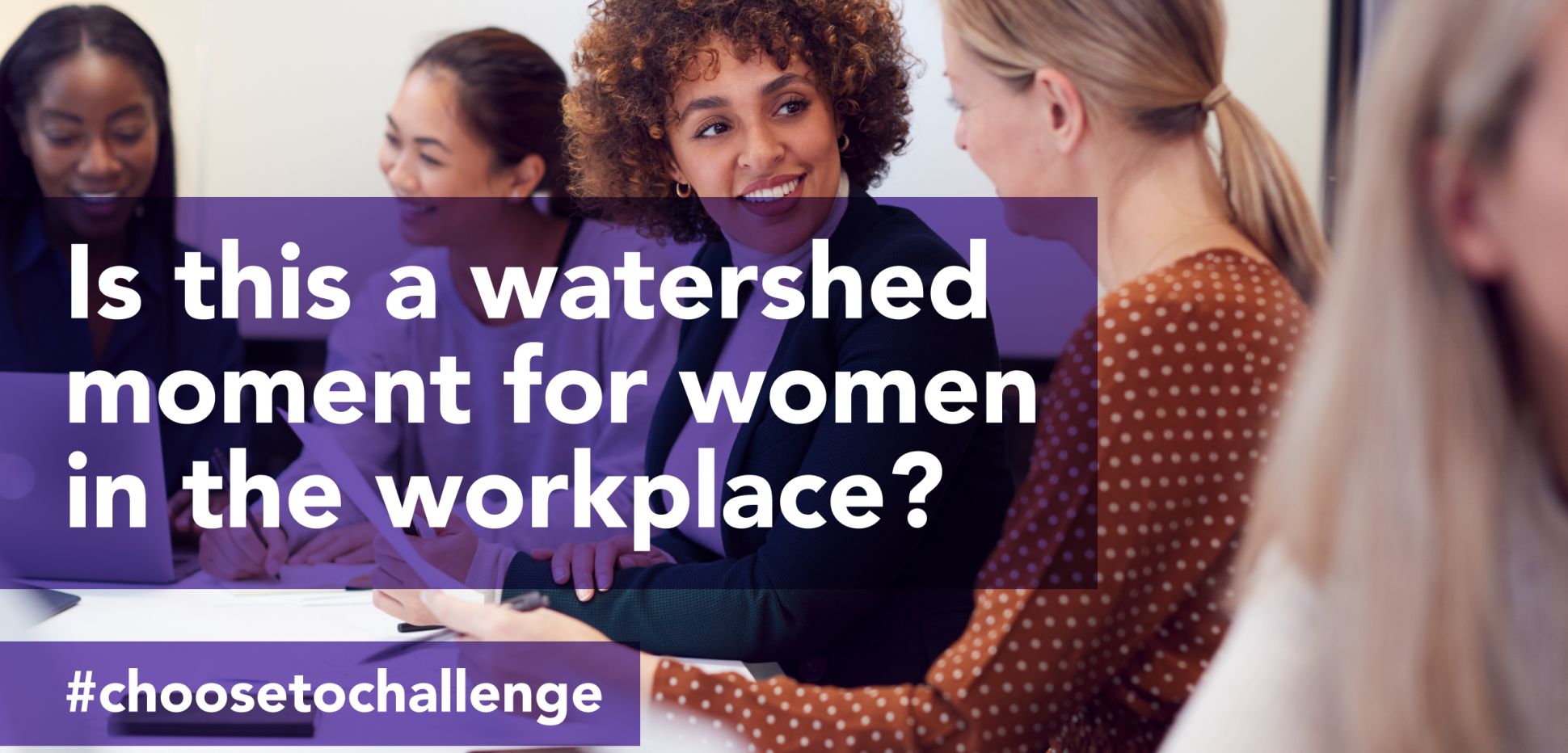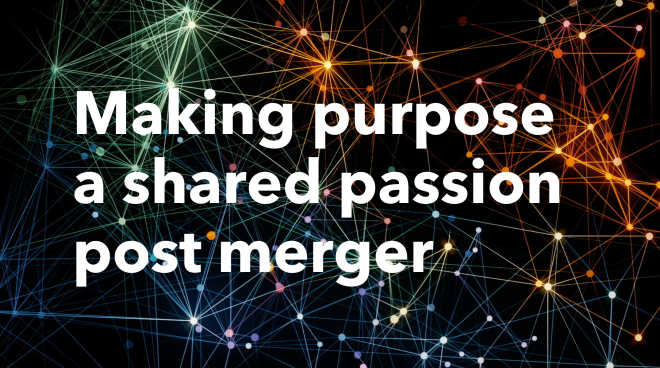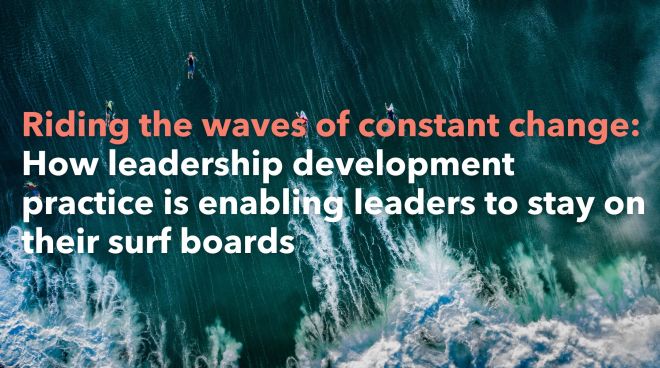Women in the Workplace

"This is a watershed opportunity for women to equalise in the workplace."
International Women's Day always gets me thinking and talking with other female leaders about our experiences and about what organisations are doing to empower women and enable us to bring our difference. Over a virtual coffee with Sharon Buckley the other day, we mulled over how the pandemic has changed so much in our working lives and we started to wonder what's possible now for female leadership.
Sharon is Group Commercial Director for the Musgrave Group, Ireland’s leading food retail, wholesale, and foodservice company. They have been busier than ever feeding us all during the various 'lock-downs' and brilliantly navigating the challenges arising from Brexit.
As we pondered how our working lives have changed of late, we explored the unexpected upsides of working from home. In Musgrave, and indeed in many of the other organisations with whom I work, something shifted in relationships, as leaders trusted their people to do what was needed, empowered them to make more decisions and supported them with the necessary equipment – and trust - for working from home. (Of course, not all Musgrave people could work from home, and many were proud to be essential workers, literally feeding the community spirit and solidarity that has helped keep people safe from disease.) This has been a time for people to step up at work and become even more agile and trusted to act.
Sharon is optimistic about the future for female leaders – the pandemic has disrupted so much, including many of our taken-for-granted assumptions about the world of work – so why would it not disrupt assumptions and stereotypes about women at work? She sees more men demonstrating the kind of empathy and connection that stereotypically are assumed more ‘female’ leadership traits. As Anita Harris, Sheppard Moscow’s Managing Partner points out, “the blurring of work and home lives has shattered the disintegrated work persona: people are bringing their whole selves to work in a way that seems to weaken the power of gender stereotypes.”
However, there is quite a way to go towards gender equality at work. Much recent research has highlighted how rare it still is for working parents to achieve the 50:50 ideal proposed by Sheryl Sandberg, where domestic responsibilities are shared, enabling both to have equal opportunity to lean into their careers. If the future of work involves a mix of working remotely and at the office, there are grounds for concern that women will choose to work from home more often than men, creating a potential disadvantage through reduced face-to-face networking. Herminia Ibarra of London Business School poses the question thus: “Will we see a gender skew, with men disproportionately in the office or on the road, very visibly contributing to the business, while women are out of sight and mind?”
As businesses decide on their post-pandemic workplace policies, they are well advised to beware unintended consequences. Far from losing ground for equality at work, this is a moment to move it forward. As Sharon Buckley puts it, “this is a watershed opportunity for women to equalise in the workplace."
The theme for International Women’s Day this year is #choosetochallenge – so as office workers prepare for the big return, the frame within which we do so should retain some of those ‘all in it together’ dimensions which enabled greater empathy, connection, trust, and agility during the toughest of times. This is a task for everyone, but a particularly important one for leaders to challenge their own thinking as much as that of their people.
So, leaders - can you #choosetochallenge your own and one another’s thinking on how your workplace enables people of all genders to contribute and grow? What do you think the #futureofwork holds for #femaleleadership?

 Andrea Cusack
Andrea Cusack 


 Aoife Keane
Aoife Keane